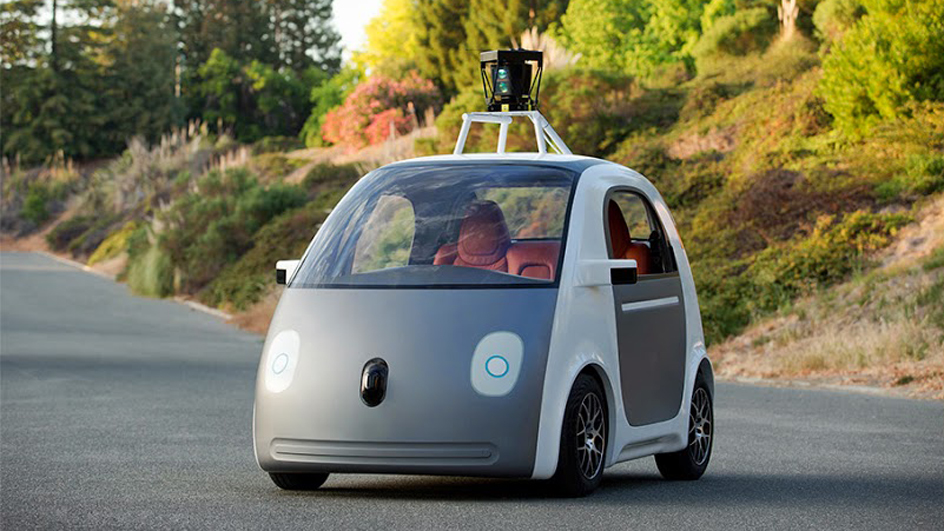How safe do self-driving cars have to be before they become road worthy?
No technology is perfect all the time

Sign up for breaking news, reviews, opinion, top tech deals, and more.
You are now subscribed
Your newsletter sign-up was successful
There's no debate that self-driving cars are coming. But autonomous vehicles won't appear on our roads until regulators have come up with a way to legally permit them to do so - and that's proving very tricky indeed.
Human mistakes are responsible for 94% of the 33,000 deaths on US roads every year. While traffic accidents have declined over the last decade, it's thought that autonomous vehicles - which don't get drunk, tired or distracted - could save more than 30,000 of those.
Yet problems still crop up, as evidenced by the recent prang between one of Google's self-driving cars and a bus. No-one was hurt, but it was the first time that Google's algorithm had been at fault in a crash. Since then, Google has updated its software.
Still Afraid
While it's unarguable that self-driving cars are safer when you look at the statistics, what's difficult is persuading the public that that's the case. Recent polls conducted in several countries show that a majority of people are still afraid of riding in autonomous vehicles.
As such, the burden of proof is on manufacturers - as noted by Adam Jonas, a Morgan Stanley auto analyst, in a recent investment report. "No mayor wants to be the first elected official blamed for the death of a citizen by a robot," he wrote.
Little-By-Little
The likely path to acceptance is the introduction of autonomous features in regular cars - automatic braking systems, for example, or parking. These are already rolling out in some vehicles, and are likely to substantially cut accident rates.
The result of this little-by-little approach is that we may eventually end up in self-driving cars without realising it. But until then we should be accepting of the occasional robotic accident.
Sign up for breaking news, reviews, opinion, top tech deals, and more.
"We cannot expect any technology, any solution to be perfect all the time," Raj Rajkumar, an autonomous vehicle researcher, told AP. "We live in a very uncertain world where lots of things happen."
